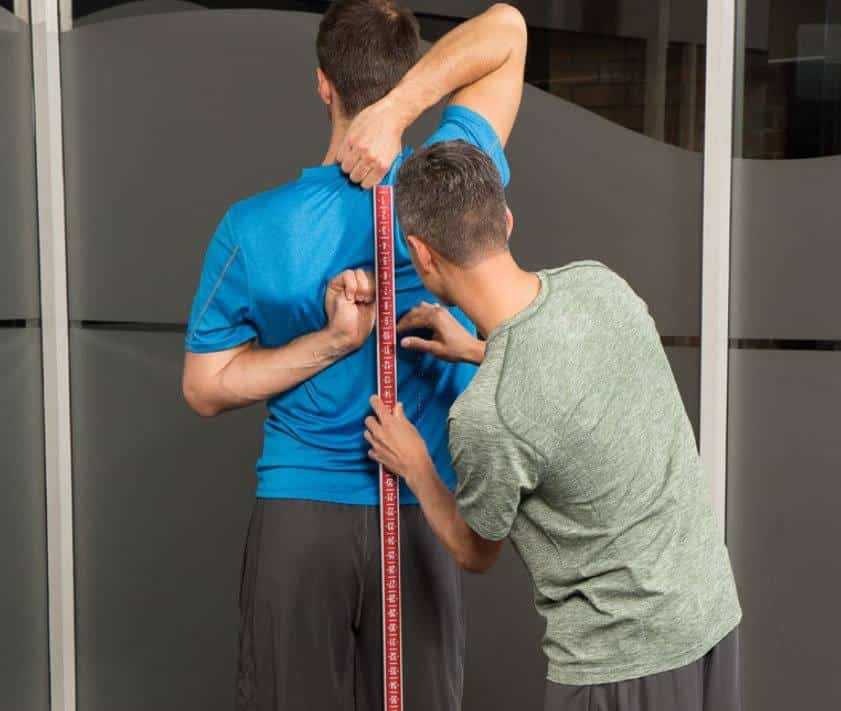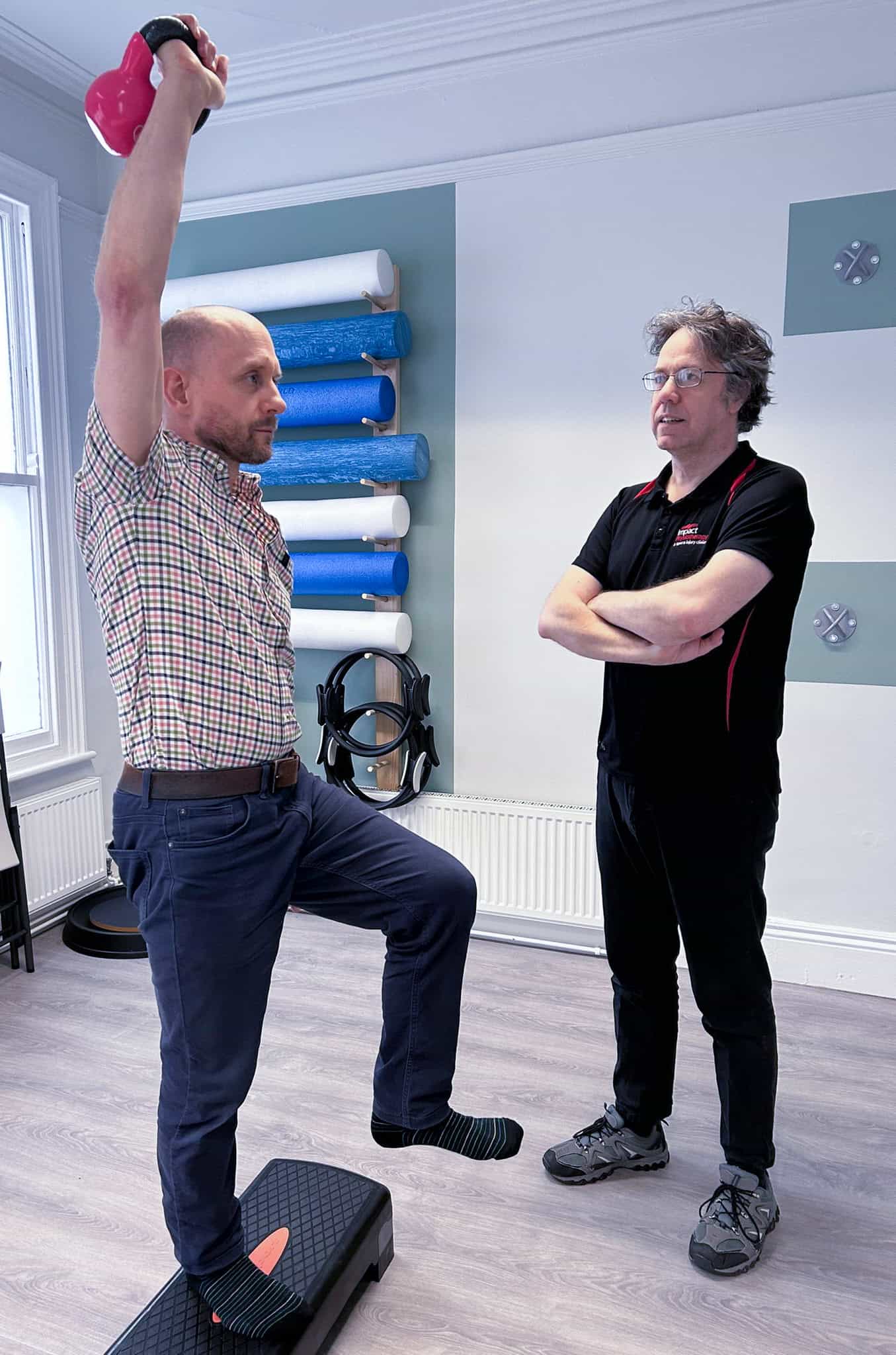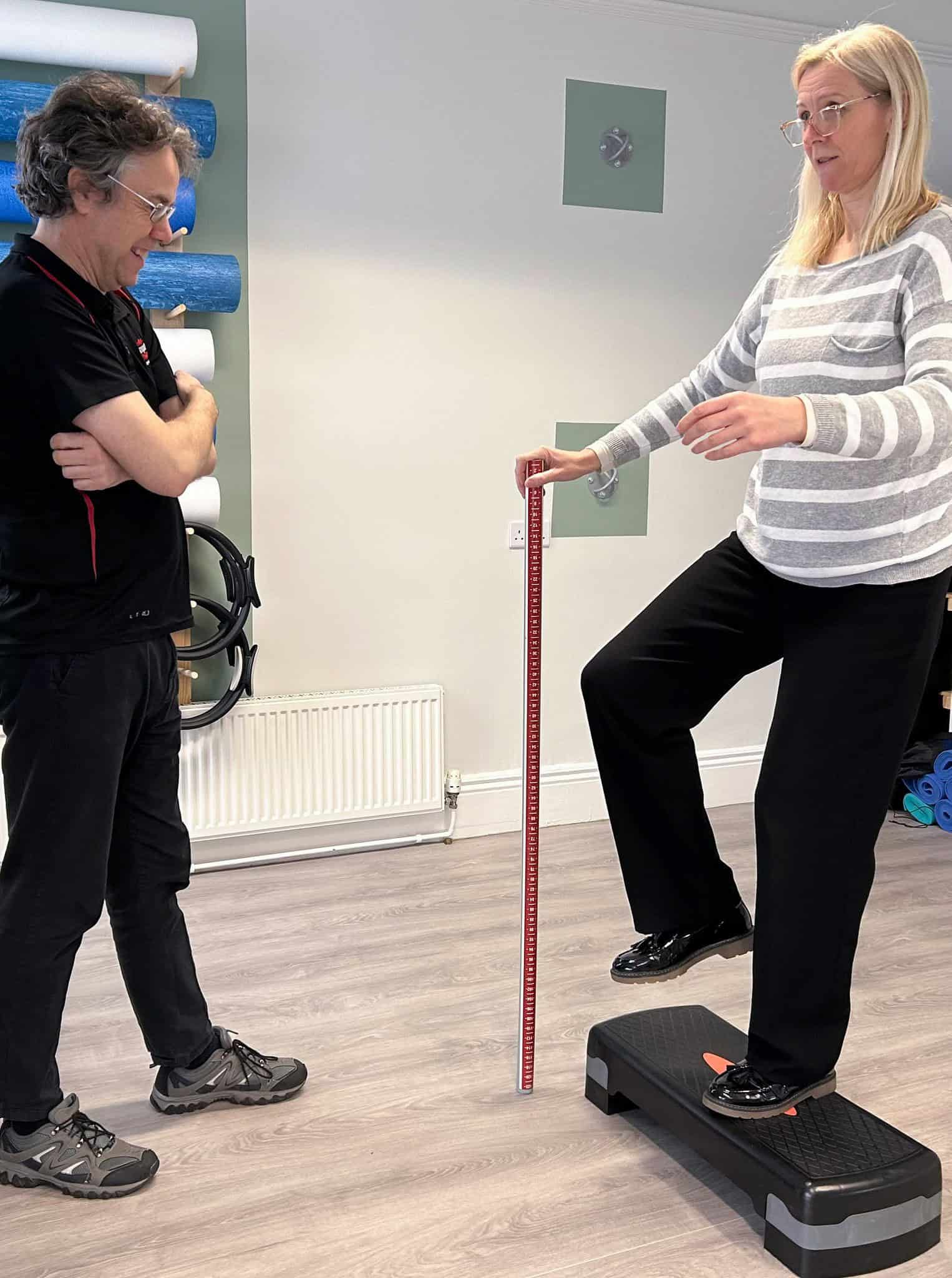Move Better, Feel Stronger
What is the Functional Movement Screen?
The Functional Movement Screen (FMS) is a structured assessment used to evaluate seven fundamental movement patterns in individuals with no current pain or musculoskeletal injury. Rather than diagnosing orthopedic conditions, the FMS highlights areas for movement improvement, helping to optimize performance and prevent future injuries.
Athletes & Active Individuals
Identify movement inefficiencies that could impact performance or lead to injury.
Those Preparing for a Challenge
Whether training for a new sport, an active holiday, or climbing a mountain, FMS helps prepare your body.
People Experiencing Recurrent Issues
Address persistent aches, pains, or muscular imbalances that aren’t improving with standard exercise routines.




Note: The FMS is not intended to diagnose orthopedic problems but rather to demonstrate opportunities for improved movement in individuals.
Recurrent Sports Injuries
Identifying movement patterns contributing to frequent injuries.
Strength & Flexibility Imbalances
Addressing limitations that haven’t improved in the gym.
Post-Injury Performance Issues
Ensuring a full recovery and optimal performance after an injury.
Track Progress with Re-Screening
Regular re-screening every 4-6 weeks helps monitor improvement, evaluate program effectiveness, and guide future movement development.
Functional Movement Screen FAQs
Where do you offer the FMS?
The FMS is available at both our Derby (Pride Park) and Long Eaton clinics.
What should I wear?
Wear loose, comfortable clothing that allows free movement during the assessment (e.g., vest and shorts).
Is this suitable if I'm suffering from existing 'everyday' pains?
Probably not—if you have ongoing pain or specific issues, a 60-minute physiotherapy appointment is likely more beneficial for a full clinical assessment.
Note: Pain experienced during the screening test would require further clinical assessment before proceeding.
How long will it take?
The assessment lasts 45 minutes.
What will I get from the assessment?
After the assessment, you’ll receive a full prevention or injury treatment plan, which may include a tailored online exercise program and advice on areas such as posture and movement.
When is the FMS Not Suitable?
If you have ongoing pain or a specific musculoskeletal condition, a 60-minute physiotherapy assessment is more appropriate to address clinical concerns and provide a targeted treatment plan.
Where is my Functional Movement Screen Results
sfdajh hjsdahjf dfsfsad. fddf df dff d
df df fddf fd

Following serious surgery I wanted to get back to cycling and running. Booking an FMS with Chris Davenport at Impact Physio worked a treat. Chris took time to understand the issues I had and how they affected my fitness. He developed a personal exercise schedule, remedial exercises for my knee injury and a plan for getting back running. His 4 week follow up provided an updated exercise schedule to continue my progression. The result is that I'm back cycling and running pain free and improving week by week. Thanks Chris and Impact Physio, I'm chuffed with how it went. Long Eaton Parkrun this weekend!